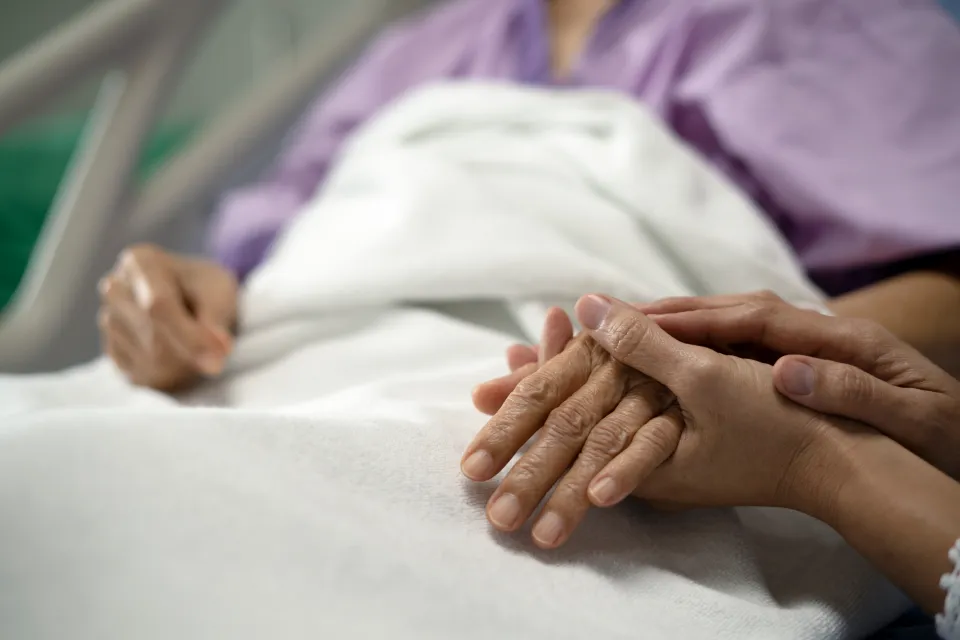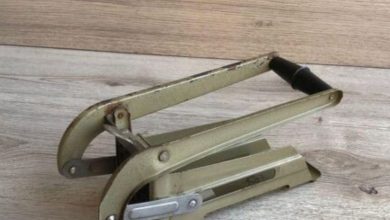
Nurse Shares Why Talking About Death Can Help People ‘Live Better and Die Better’. Death—it’s the greatest unknown and often the most avoided topic of conversation.
As humans, we’ve developed space travel, built technology that connects people across the world, and even created artificial intelligence. Yet, despite all these advancements, we still haven’t found a way to outrun death.
For many, the idea of one day ceasing to exist while life on Earth continues can be unsettling, even terrifying. But if you find yourself feeling anxious about your own mortality, hospice nurse Julie McFadden has shared a key insight that she believes can help people embrace life more fully—and ultimately, face death with greater peace.

What a Hospice Nurse Wants Everyone to Know About Death
Julie McFadden has dedicated her career to educating people about death, offering insight into what happens in a person’s final days and how to emotionally prepare for it. Through her work, she has witnessed common experiences among the dying, including regrets, the phenomenon of terminal lucidity, and even reports of seeing visions of deceased loved ones.
During an appearance on Dr. Karan Rajan’s podcast, McFadden reflected on her role as an end-of-life caregiver and shared why she believes talking about death is essential.
“Talking about death will not make you die any sooner,” she said, emphasizing that being open about mortality allows people to both live and die better.
“Hospice isn’t about death,” she continued. “It’s about life, and I know that may sound cheesy, but I mean it. It’s about living.”

Why Death Has Become a Taboo Topic
During the conversation, McFadden and Dr. Rajan discussed how attitudes toward death have evolved over time, leading to the topic becoming almost taboo in many modern societies.
She explained that while medical advancements have allowed people to live longer, they have also made death feel more distant—which, in turn, has made it harder for people to accept.
“People were dying in the home and their families were caring for them,” she said.
“I just think it was more in our face. It was our responsibility to care for our dying versus taking them to the hospital.”
McFadden believes that death should be a more open conversation—something we gradually become more comfortable with.
“It takes some time to get used to,” she said, “but [it would] make us a little more comfortable being around death and dying.”







